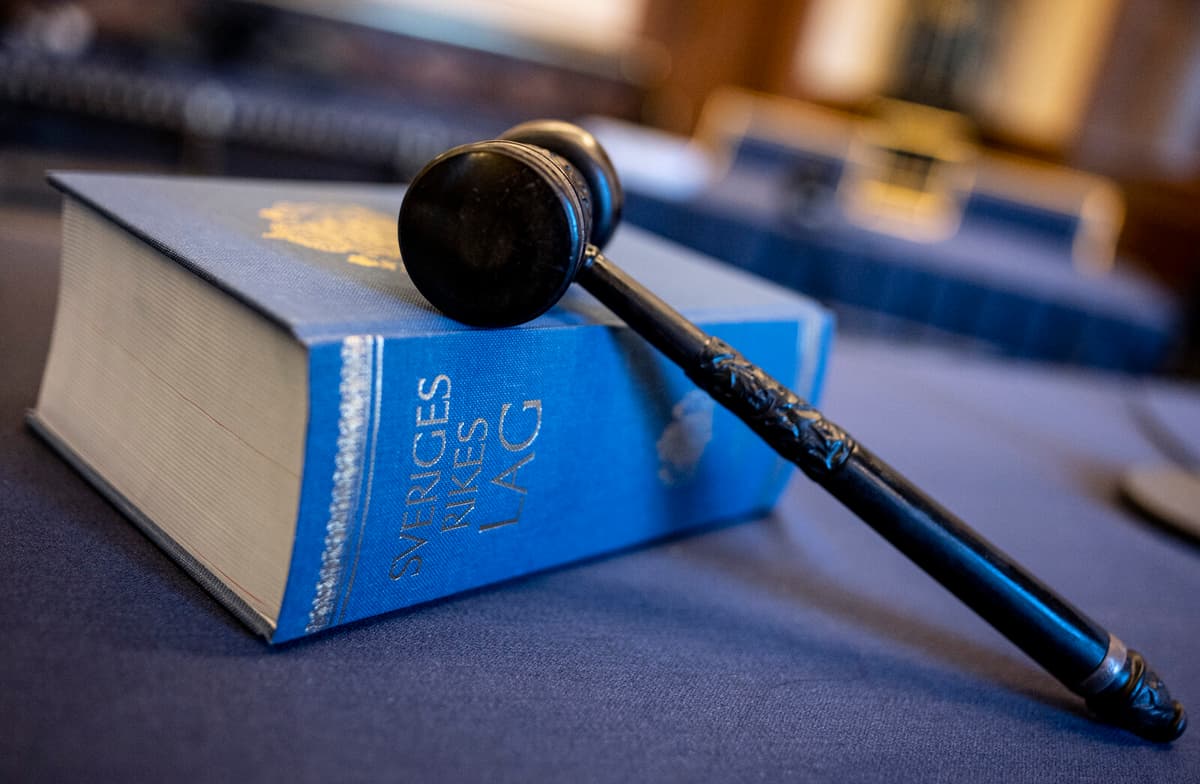According to Johannesson, it is a matter of a fundamentally important question about where the boundary of the banks' responsibility lies towards customers – but also about what constitutes an authorized and unauthorized transaction in legal terms.
This is several difficult questions, so it is very important for very many consumers that it is settled in court once and for all, he says.
People can lose their life savings via a phone call in an instant. This must be addressed.
According to Johannesson, the verdict will be appealed by December 2 at the latest.
Was Deceived
The notable case – which, among others, Dagens Industri has written about – concerns an elderly man in Stockholm who was called by someone claiming to be from a debt collection agency in early 2023. The caller claimed that the man had been a victim of identity theft and wanted to connect him to Nordea's security department.
The scammers deceived the bank customer into first transferring money from his savings account to his personal account, then increasing the Swish limit from 5,000 to 100,000 kronor, and finally transferring 100,000 kronor via Swish to an unknown person, a so-called money mule.
The bank customer, represented by the Consumer Ombudsman, brought a lawsuit against Nordea.
Not Liable
However, according to the district court, the bank is not liable to compensate the bank customer since the transfer was made at the request of the consumer. It is only when the transaction is considered unauthorized that the bank compensates, writes Dagens Industri.
The district court also does not believe that it has been proven that the bank acted negligently and rejects the request for damages.
Our opinion is that measures should have been taken earlier, and if the bank had introduced the systems that are said to exist today, this fraud situation could have been avoided, says Kristofer Johannesson.






